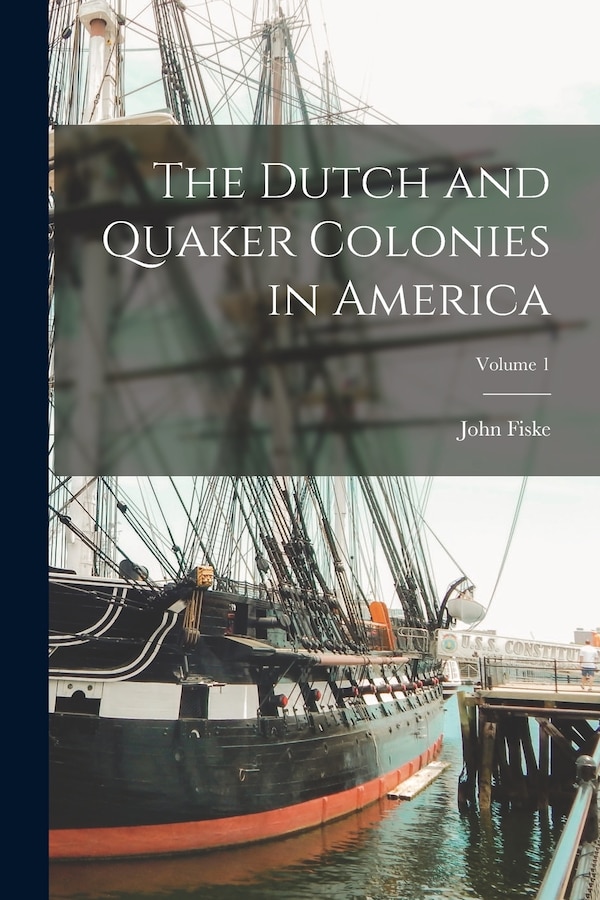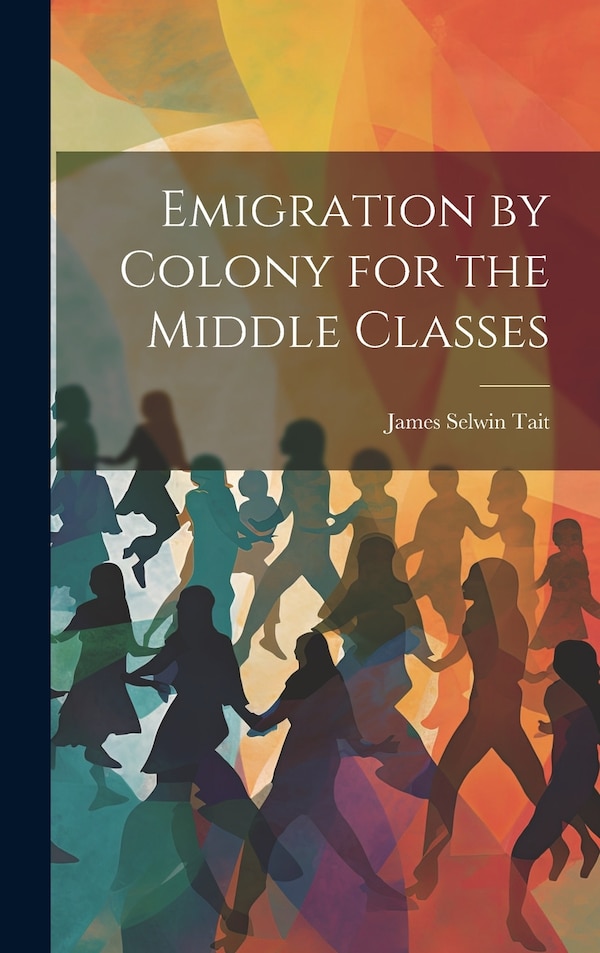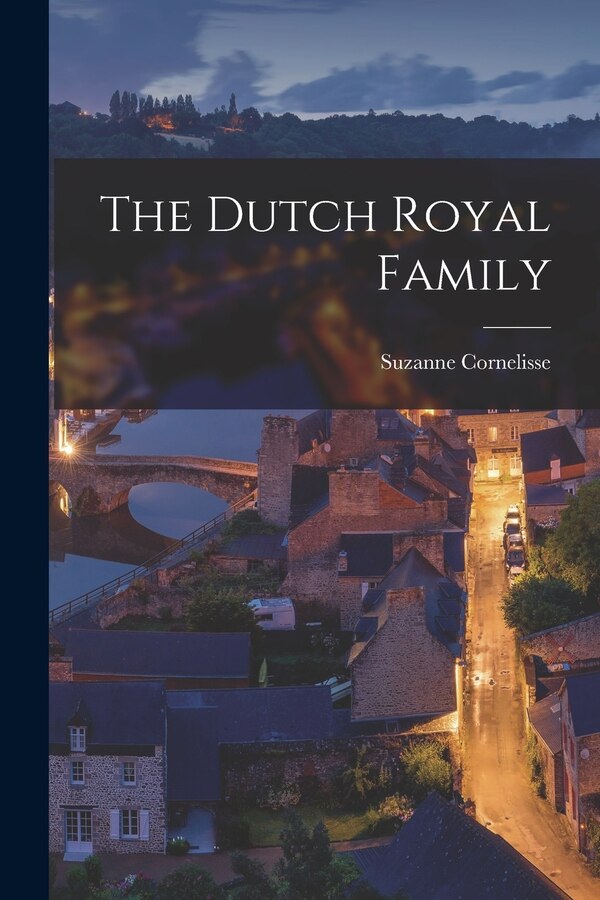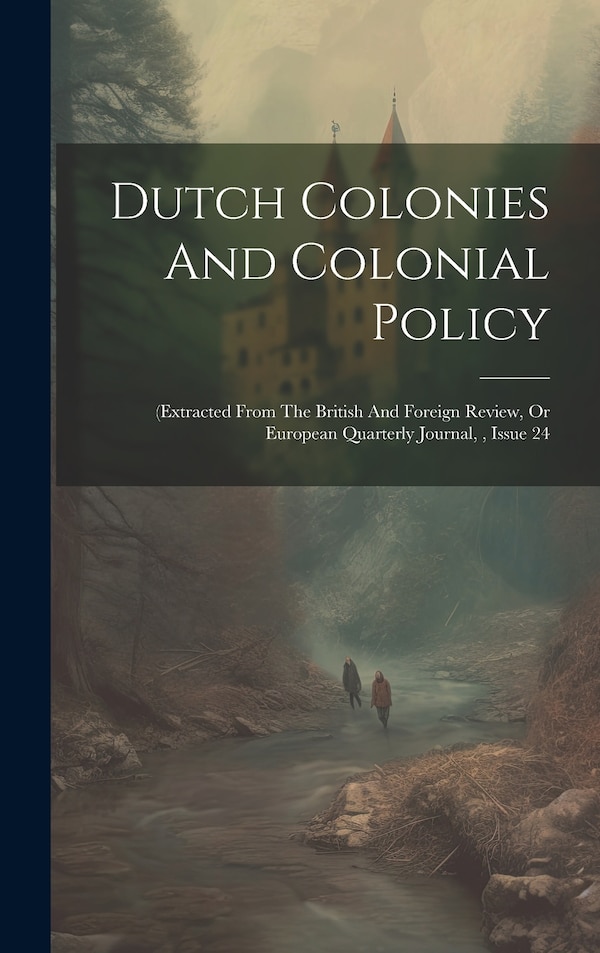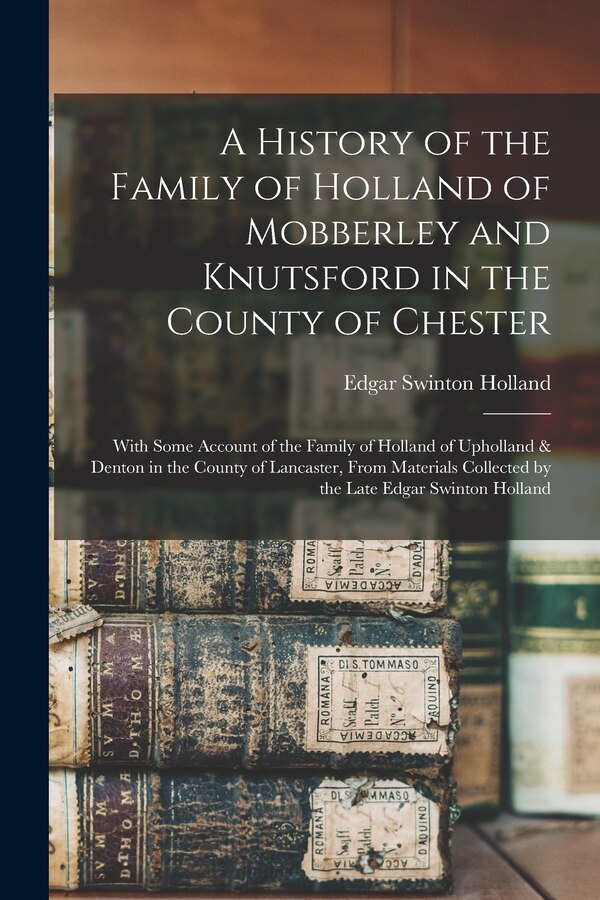
Choice Made Simple!
Too many options?Click below to purchase an online gift card that can be used at participating retailers in Village Green Shopping Centre and continue your shopping IN CENTRE!Purchase HereHome
A Dutch Family in the Middle Colonies by Firth Haring Fabend, Paperback | Indigo Chapters
Coles
Loading Inventory...
A Dutch Family in the Middle Colonies by Firth Haring Fabend, Paperback | Indigo Chapters in Vernon, BC
From Firth Haring Fabend
Current price: $53.03
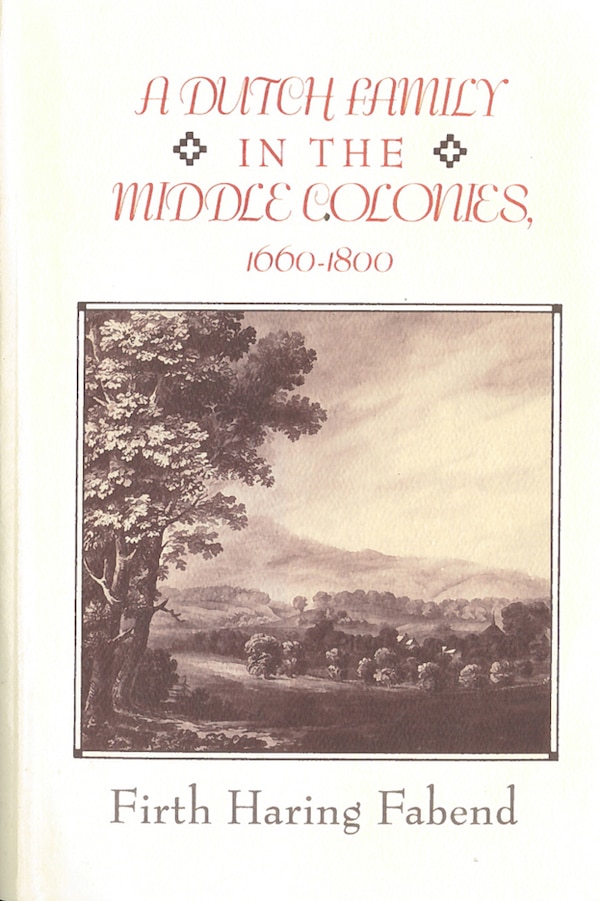
Coles
A Dutch Family in the Middle Colonies by Firth Haring Fabend, Paperback | Indigo Chapters in Vernon, BC
From Firth Haring Fabend
Current price: $53.03
Loading Inventory...
Size: 1 x 228.59 x 350
*Product information may vary - to confirm product availability, pricing, shipping and return information please contact Coles
Firth Haring Fabend has studied a large colonial American family over five generations. The Haring family settled in the Hackensack Valley (on the New York/New Jersey border), where they lived, prospered, and remained throughout the eighteenth century. Fabend looks at how this ordinary family of independent, middle-class farmers coped with immigration, established themselves in a community, acquired land and capital, and took part in the social, political, economic, and religious changes of the seventeenth and eighteenth centuries. As she traces the lives of the Harings and their neighbors, Fabend focuses on their marriage and childbearing patterns, living conditions, agricultural methods, and relative economic position. She investigates inheritance patterns, concluding that the position of women deteriorated under English law. She is equally interested in the political and religious life of the family. The Harings formed a church fitting their Pietist beliefs, and this church became central to community life. Their theology encouraged them to question religious authority, which in turn fostered the questioning of political authority. Their community became a seedbed for revolutionary activity. Fabend examines the family's position in the Revolution-primarily patriot-and the losses they suffered in that conflict. The Harings of colonial America were ideal yeoman farmers, a class that stood well in the social hierarchy of the day. They were industrious, they prospered, and they participated in the civic life of colonial America. But once the new republic formed, they were not very visible. Fabend argues that they maintained their Dutchness more consciously than ever after the Revolution, which hindered their full participation in public affairs. In some ways, the fifth and sixth generations were more Dutch than the early generations. | A Dutch Family in the Middle Colonies by Firth Haring Fabend, Paperback | Indigo Chapters
Firth Haring Fabend has studied a large colonial American family over five generations. The Haring family settled in the Hackensack Valley (on the New York/New Jersey border), where they lived, prospered, and remained throughout the eighteenth century. Fabend looks at how this ordinary family of independent, middle-class farmers coped with immigration, established themselves in a community, acquired land and capital, and took part in the social, political, economic, and religious changes of the seventeenth and eighteenth centuries. As she traces the lives of the Harings and their neighbors, Fabend focuses on their marriage and childbearing patterns, living conditions, agricultural methods, and relative economic position. She investigates inheritance patterns, concluding that the position of women deteriorated under English law. She is equally interested in the political and religious life of the family. The Harings formed a church fitting their Pietist beliefs, and this church became central to community life. Their theology encouraged them to question religious authority, which in turn fostered the questioning of political authority. Their community became a seedbed for revolutionary activity. Fabend examines the family's position in the Revolution-primarily patriot-and the losses they suffered in that conflict. The Harings of colonial America were ideal yeoman farmers, a class that stood well in the social hierarchy of the day. They were industrious, they prospered, and they participated in the civic life of colonial America. But once the new republic formed, they were not very visible. Fabend argues that they maintained their Dutchness more consciously than ever after the Revolution, which hindered their full participation in public affairs. In some ways, the fifth and sixth generations were more Dutch than the early generations. | A Dutch Family in the Middle Colonies by Firth Haring Fabend, Paperback | Indigo Chapters

